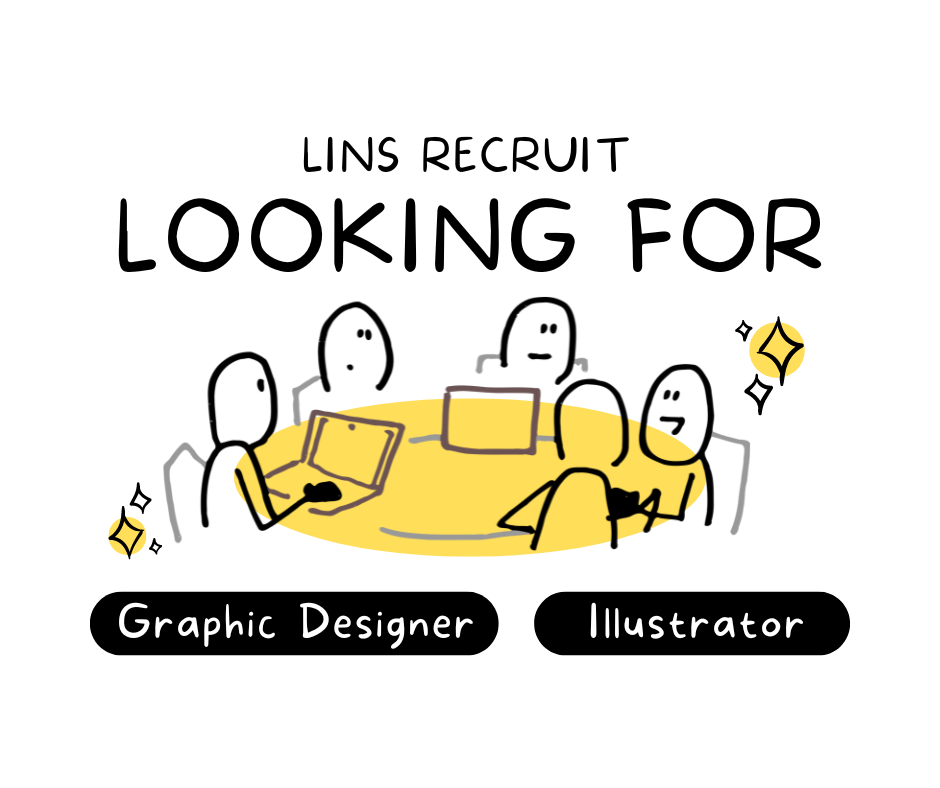Transitioning to a new industry can be a challenging but rewarding process. It involves leveraging your existing skills while adapting to a new field. Here’s a step-by-step guide to help you make a successful transition to a new industry.
1. Assess Your Transferable Skills
Start by evaluating your current skills and experiences to identify what can be applied in the new industry. Transferable skills like project management, communication, and problem-solving are valuable across various fields. Understanding these skills can help you tailor your resume and highlight relevant experiences.
2. Research the New Industry
Conduct thorough research to understand the new industry’s trends, challenges, and key players. Familiarize yourself with industry-specific terminology, major companies, and the skills in demand. This knowledge will help you speak confidently about the industry and align your skills with its requirements.
3. Identify and Bridge Skill Gaps
Determine any skill gaps you need to address to fit into the new industry. Consider taking online courses, attending workshops, or earning certifications relevant to the field. Upskilling or reskilling will make you more competitive and demonstrate your commitment to the industry.
4. Network with Industry Professionals
Building a network in the new industry can provide valuable insights and open doors to opportunities. Attend industry events, join professional associations, and connect with industry professionals on LinkedIn. Networking can offer advice, mentorship, and potential job leads.
5. Tailor Your Resume and Cover Letter
Revise your resume and cover letter to reflect your new industry focus. Highlight your transferable skills, relevant experiences, and any industry-specific training or certifications. Emphasize how your background can bring a unique perspective to potential employers.
6. Prepare for Interviews
Prepare for interviews by practicing how to explain your career transition. Focus on how your previous experiences have prepared you for the new industry and address any potential concerns employers might have about your lack of direct experience. Show enthusiasm and a willingness to learn.
7. Leverage a Transitional Role
If possible, seek transitional roles or projects that bridge your current expertise with the new industry. For example, freelance projects, internships, or volunteer work can provide practical experience and demonstrate your ability to adapt and contribute to the new field.
8. Stay Persistent and Positive
Transitioning to a new industry can take time and effort. Stay persistent and maintain a positive attitude throughout the process. Be open to entry-level positions or roles that may not be a perfect fit but offer a stepping stone into the industry.
Conclusion
Successfully transitioning to a new industry involves assessing and leveraging your transferable skills, conducting thorough research, bridging skill gaps, networking, and tailoring your job application materials. By staying persistent and proactive, you can navigate the transition effectively and achieve your career goals in a new field.
#CareerTransition #IndustryChange #JobSearch #CareerAdvice #SkillDevelopment #Networking #ResumeTips #InterviewPreparation #ProfessionalGrowth





